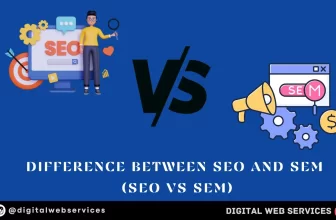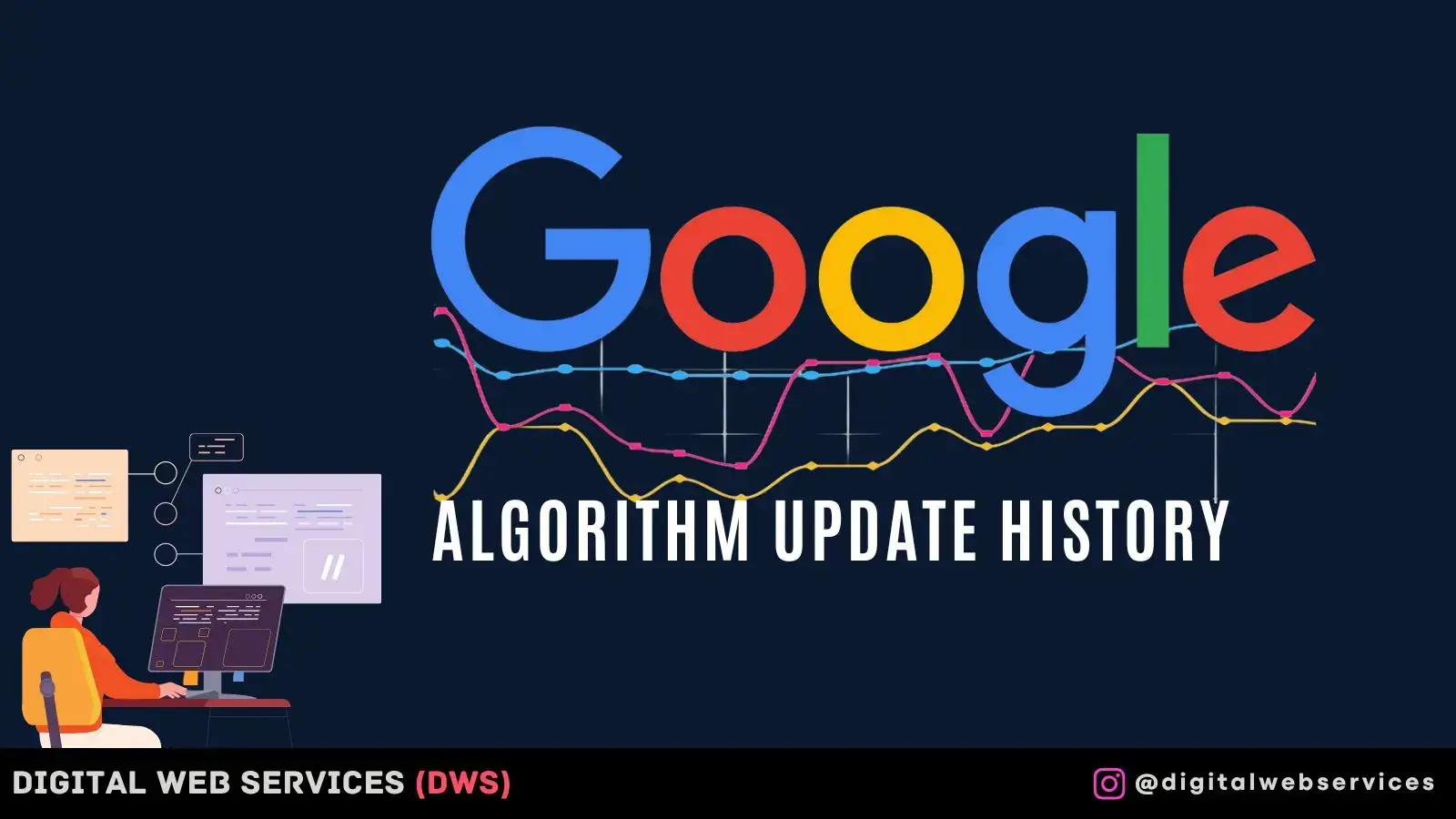
Here in this post, we are updating you with the latest Google algorithm updates and the complete history of the Google algorithm. Here you’ll find all confirmed Google algorithm updates from 2010 to 2023. Stay connected with this post for further new Google algorithm updates.
GOOGLE ALGORITHM UPDATE 2021 To 2023
October 2023 Broad Core Update
Google announced the October broad core update on October 5, 2023. (Completed Duration: 13 days, 23 hours)
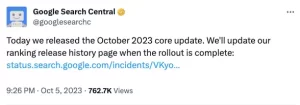
October 2023 spam update (2023)
Google released the October 2023 spam update on October 4, 2023. (Completed Duration: 15 days, 12 hours)
September 2023 Helpful Content Update (2023)
Google announced the Helpful Content Update on September 14, 2023. (Completed Duration: 13 days, 11 hours)
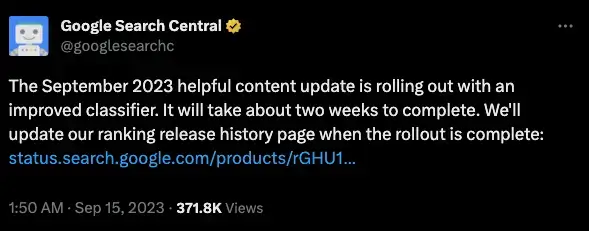
August 2023 Core Update (2023)
Google Released the August 2023 core update. It is rolling out on 22 Aug 2023 (Completed Duration: 16 days, 3 hours)
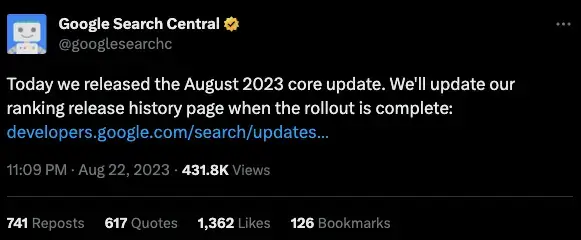
This is the second broad core algorithm update of Google in 2023. The previous Google Core update was the March 2023 core update, which started rolling out on March 15 and was completed on March 28.
About Core Update: Google regularly releases its core updates to ensure that people always get the most helpful and reliable results from the search engine. A core update can impact the performance of the website positively or negatively, or it may have no impact at all.
Google Search Central announced the completed rollout of the August 2023 core update
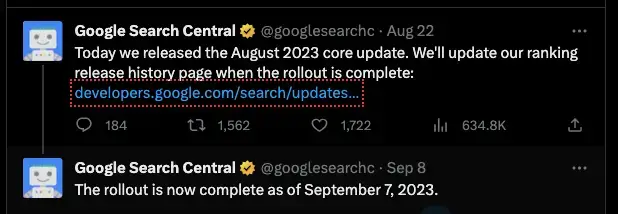
Google April 2023 Reviews Update(2023)
Google’s April 2023 reviews update has Incident began at 2023-04-12 and ended at 2023-04-25, bringing to an end what seemed like a fairly significant update to many publishers who were affected. This Review system update is designed to evaluate articles, blog posts, pages, or similar first-party standalone content written with the purpose of providing a recommendation, giving an opinion, or providing analysis. It does not evaluate third-party reviews, such as those posted by users in the reviews section of a product or services page.
March 2023 Core Update (2023)
The March 2023 core update was designed to make Google better at identifying quality content. And therefore improve search results for users. (Just like other core updates.)
August 2022 Helpful Content Update (2022)
It was designed to ensure searchers “see more original, helpful content written by people, for people.”
Page Experience Update for Desktop (2022)
Page Experience Update for Desktop is a desktop ranking factor. This meant mobile rankings were affected by the metrics including LCP, FID, and CLS.
May 2022 Core Update (2022)
Its focus on ‘authority,’ an overhaul of search results, and the rollout of fresh features at Google I/O.
June 2021 Core Update (2021)
The June 2021 core update was the first core update in 2021. On June 16th, 2021, Google began to roll out a broad core algorithm update which is also called “The Page Experience Update.” This algorithm update is intended to bring a better experience to users by prioritizing pages that offer a quality of page performance.
June Page Experience Update for mobile (2021)
The page experience update for mobile made Core Web Vitals, It is a mobile ranking factor. This meant mobile rankings were affected by the metrics including LCP, FID, and CLS.
April 2021 Product Reviews Update (2021)
This update is aimed at rewarding high-level product review content, above thinner product review content.
GOOGLE ALGORITHM UPDATE 2016 To 2020
Web December 2020 Core Update (2020)
It is designed to improve the quality and relevance of Google’s search results by shuffling the search rankings of indexed web pages.
BERT (2019)
BERT is a natural language processing (NLP) algorithm, it help Google to understand search queries. And therefore deliver more relevant results.
Medic (2018)
It is a significant algorithm by Google that had a considerable impact on website rankings, particularly in the health and medical industry.
Mobile Page Speed Update (2018)
Mobile Page speed is a ranking signal for mobile searches and gives fast sites an advantage over sites that take longer to load.
Intrusive Interstitial Penalty (2017)
In this algorithm update, Google started rolling out a penalty to punish aggressive interstitials and pop-ups that might damage the mobile user experience.
Possum (2016)
The main objective of the Possum algorithm was to diversify the local search results and filter out spam results that may have been previously ranked.
GOOGLE ALGORITHM UPDATE 2010 To 2015
RankBrain (2015)
RankBrain is a machine learning (AI) algorithm that Google uses to generate results most likely to match the user’s intent or user’s query.
HTTPS/SSL (2014)
The HTTPS/SSL update refers to the process of transferring websites from the non-secure ‘HTTP’ protocol to the secure ‘HTTPS’ protocol.
Pigeon (2013)
To boost the quality of local searches to deliver more relevant, accurate results to users.
Hummingbird (2013)
Hummingbird update helps Google to understand the search queries. This helps the searcher to get results as per one’s own intent.
Penguin (2012)
It is designed to penalize websites that have bad link-building techniques and keyword stuffing
Panda (2011)
It aimed to help filter out websites with thin, low-quality content
Caffeine (2010)
It was designed to improve the speed and accuracy of Google’s search results by incorporating new technologies that allowed Google to crawl, index, and rank web pages more quickly and efficiently.
Digital Web Services (DWS) is a leading IT company specializing in Software Development, Web Application Development, Website Designing, and Digital Marketing. Here are providing all kinds of services and solutions for the digital transformation of any business and website.






